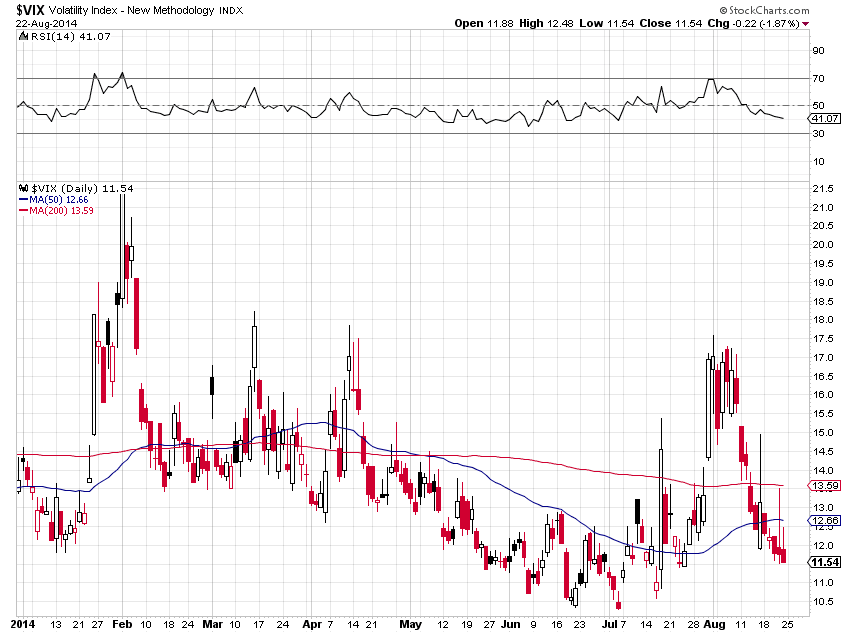As a reminder, next Tuesday the 26t
h will be an option expiration on the Comex.
There is intraday commentary about
a South African bond denominated and paid for with gold. This is the first issuance of a real gold bond in many a year.
I would expect most of official shilldom and the financial status quo to ignore this. Until another country or entity does the same thing, and then they will speak out against such flagrant barbarism.
The rest of the world (ROW) seems to have noticed that the Fed has a printing press, and that they are willing to create vast amounts of money, and distribute it to whom they please. And they may not believe in the theory that says that such behavior by a sovereign monetary authority has no consequences.
Add an almost blatant criminogenic financial system organized and controlled by its serial offenders, and those with the means and the will start to seek alternatives, wherever they may. Sovereigns do not appreciate being bullied and cheated like the run-of-the-mill domestic customers.
We will be getting a bit more economic news next week. A listing is included below.
So far this month about 593,400 ounces of gold have been 'stopped' at the Comex. Nothing ever seems to leave their warehouses, however. It has the character of a speculative shell game. Wagers are made, and things are moved around the table, but nothing much changes hands except the bets.
If the BRICS have a mind to do things with their gold reserves, they may have to create a more robust and responsive system of price discovery than the Liar's Poker on the Hudson called the Comex. So let's watch for developments there.
Remember the poor, the infirm and suffering, those who are tempted to despair, and those who have no one to care for them. And when you cross paths with your fellows, keep in mind that they also may be having a hard time of it, and try to bring a little joy and consolation into their lives. "Clothe yourself in light, the Lord's glory shines upon you,”
Have a pleasant weekend.

































